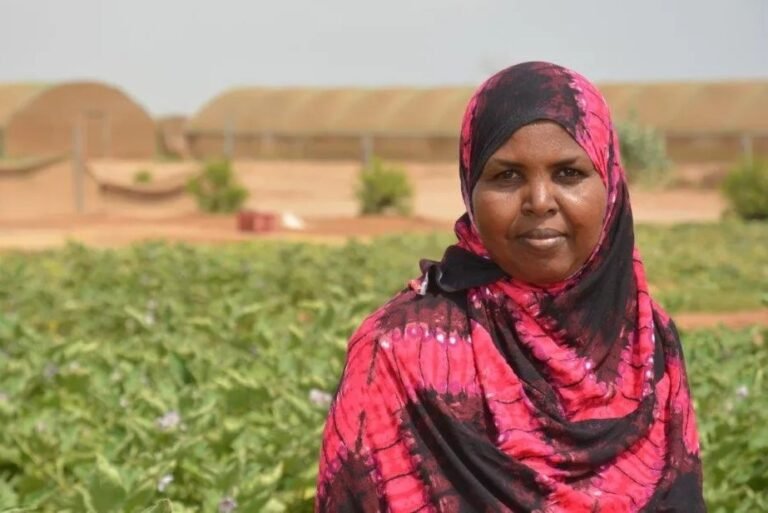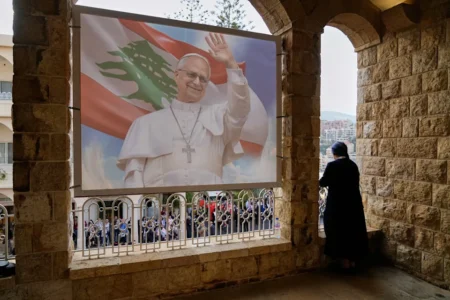Climate project efforts are changing lives in the dry villages of northern Djibouti. A project backed by the African Development Bank (AfDB), the Africa Climate Change Fund (ACCF), and the Intergovernmental Authority on Development (IGAD) is helping women fight climate change. It gives them land, tools, and training. Since the project started, women in Kalaf and Dafenaytou have turned dry land into green gardens. Now, they grow food for their families and take charge of their lives.
“Before, farming was just a dream,” says Assia Obakar Hassan, a mother in Kalaf. “Today, I feed my children from the land.”
The project gives land to families who had none. It also gives them seeds, tools, and lessons on how to farm. These women used to have little power in their villages. Now, they earn money, grow food, and help others do the same.
In Kalaf, land means more than just ownership. It means food, safety, and hope. The project has turned land into a tool for a better life.
Families in Kalaf and Dafenaytou now grow vegetables and grass for their animals. The project gave them things like irrigation pipes, wheelbarrows, and seeds that grow even in dry weather.
Fatouma Ali Aden, a mother of three in Dafenaytou, says, “We had no land, no tools, and no skills. Now, our children eat fresh food, and we don’t have to go to the market.”
Women now have their own small farms. They choose what to plant. They take care of their crops and sell the extra food in the local market. Their success is inspiring others in nearby villages. When people are trusted and given the right help, they can do amazing things.
This project also changed who makes decisions. In Dafenaytou, a group of farmers now has over 70 members. Most of them are women. Half of the leaders in this group are women too.
“Women are not just working in the fields—they are leading,” says Ali Kamil Mohamed, who runs the group. “Their ideas and hard work make our efforts stronger.”
This kind of leadership helps meet real needs. Women know what their families and villages need. Now, they get to decide how to make those needs met.
The good effects of the project go beyond farming. Families eat better meals. They work less. They feel safer. Girls go to school more often because they don’t have to fetch water or food all day.
Mohamed Soumbourouh Ibiro says, “We have grass for our animals, vegetables for meals, and extra to sell. It’s more than food. It gives us peace and pride.”
Teachers in Dafenaytou say that children focus better in school now. Girls now have time to dream, learn, and plan for the future.
The Horn of Africa is facing big problems—less rain, more heat, and less food. But Kalaf and Dafenaytou show that local ideas and action can help.
The project supports the AfDB’s goals, especially its plan to make life better for African people. It also helps meet global goals, like ending hunger, helping women, and fighting climate change.
Other places are copying this idea. In Ethiopia, women are planting new crops that need little water. In Kenya, young people are learning how to farm in smart, safe ways.
As the world changes, people need more than help. They need real support. Kalaf and Dafenaytou show that big changes start when women get tools and trust.
Back in Kalaf, Assia Obakar Hassan stands in her garden. She smiles. “This project showed us what we can do. With a little help, we can feed our families, build our homes, and give our children a better life.”
The land is not just dirt. It is hope. It is power. And now, it belongs to the women who need it most.







